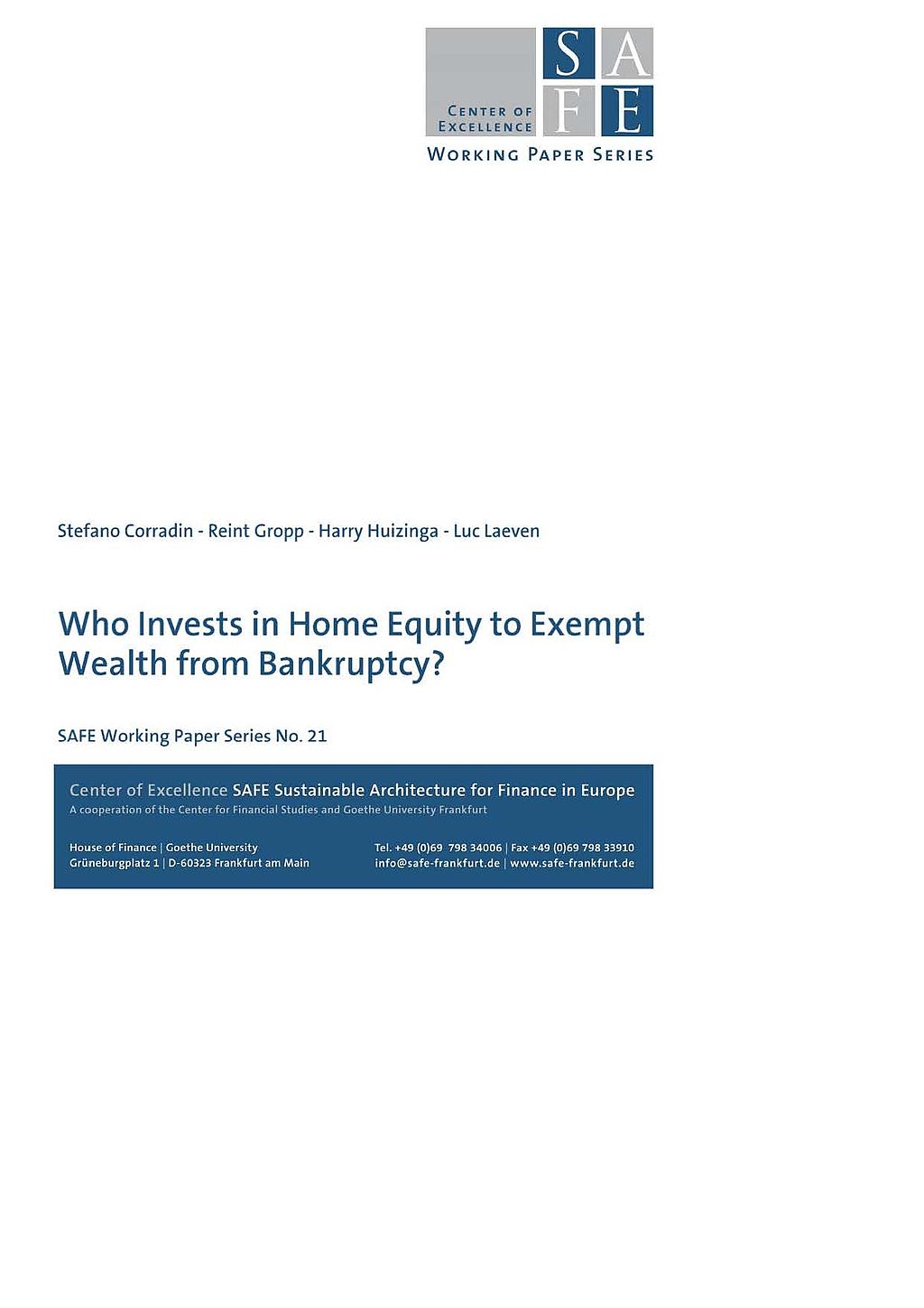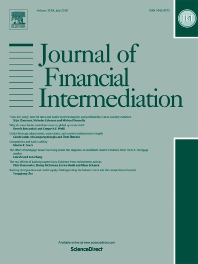
Who Invests in Home Equity to Exempt Wealth from Bankruptcy?
Homestead exemptions to personal bankruptcy allow households to retain their home equity up to a limit determined at the state level. Households that may experience bankruptcy thus have an incentive to bias their portfolios towards home equity. Using US household data for the period 1996 to 2006, we find that household demand for real estate is relatively high if the marginal investment in home equity is covered by the exemption. The home equity bias is more pronounced for younger households that face more financial uncertainty and therefore have a higher ex ante probability of bankruptcy.





